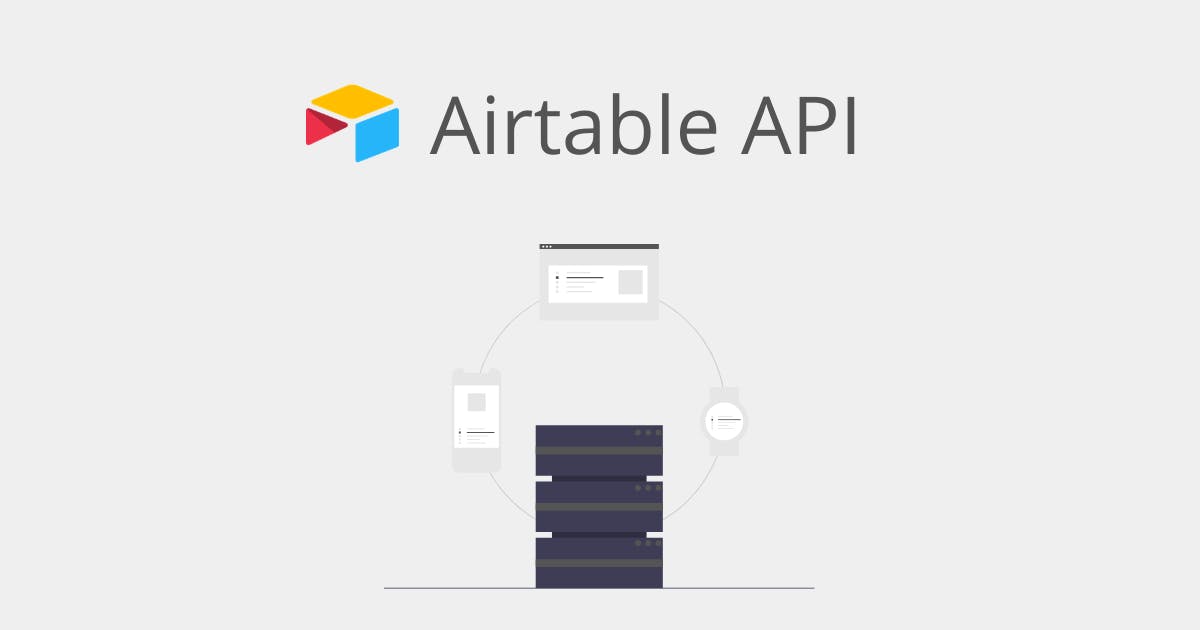

Their mini-buses go between terminals, out to long-term parking, and out to rental car lots. They get a few major airports signed up for "transportation as a service". Think of what it looks like if this really works. Which is replace a small number of low-wage employees with expensive hardware that requires extensive support infrastructure. They seem to be valued for what they actually do.
AIRTABLE VALUATION DRIVER
They're slow and limited, but they are actually carrying a few passengers without a driver on board.Īre those companies unicorns. Take a look at Navya and Local Motors, both of which sell electric mini-buses which can cruise around an small controlled area such as an airport parking lot or college campus. Let's consider what would happen if self-driving started to really work. Softbank and Tesla discussed funding but Softbank declined.
AIRTABLE VALUATION FULL
Full self-driving never seen again from Tesla.

Turned out this was the one successful run from many tries. Showed a video of a self-driving car in 2016. Being propped up by funding from Softbank. Self-driving technology so fake it killed a pedestrian. Turned out this was on an isolated road with lead and trail vehicles preventing any interference. Claimed to have a production-ready car in 2017. Showed a video of simple lane following and hyped it as self driving. In the self-driving car area alone, we have: There's so much dumb money floating around that too many "unicorn" failures are being propped up. It's challenging to find that from people managing Other People's Money. The only real way to avoid this kind of game is not to play - have an independently wealthy founder/stakeholder, or a very close relationship with an angel investment firm that can afford to be long term. I'd prefer solid financials and growth, just like you. While I would say that it seems probable that many startup employees are young and inexperienced enough that it services the founder to play these games, I'd definitely say that the incentives are definitely in favor of this dynamic. They indemnify themselves differently from debt investors, but as you point out, that comes from liquidation preferences as well as preferred participation and more. Founders that can fundraise and run corporate BD/sales well and/or are experienced can mitigate this by having a stronger hand to bargain with, but it's just unavoidably the case that VC money comes with strings attached. Unfortunately, I think that ship sails when you take VC funding. Unicorn status is largely a vanity metric, but it's also a power signal that if used correctly, gives a lot of benefits to the startup. Contract was signed less than a week later. He told us later he "knew" we were going to be huge and wanted to lock us in early as a partner. They wanted all these assurances we would still provide services and won't just take the money and go bankrupt a year later etc etc.ĬEO saw us described as the "next big thing in X" and intervened. That paper was seen by the CEO of a company we were in negotiations with and were stuck down on a lot of DD work. In our case (no where near a unicorn), but we were featured in a local paper. In the same vein, positive signals and the good press that comes with it helps you win business. It's much much easier to hire good engineers at a lower payrate when the signaling is good because they actual believe the paper equity they get is actually worth something down the road. Unicorn status is just one such signal(abient a very powerful one). Any demonstrated success of a startup signals to partners, investors, customers and employees that the future is bright and these parties adjust their actions (often to the benefit of the startup).


 0 kommentar(er)
0 kommentar(er)
